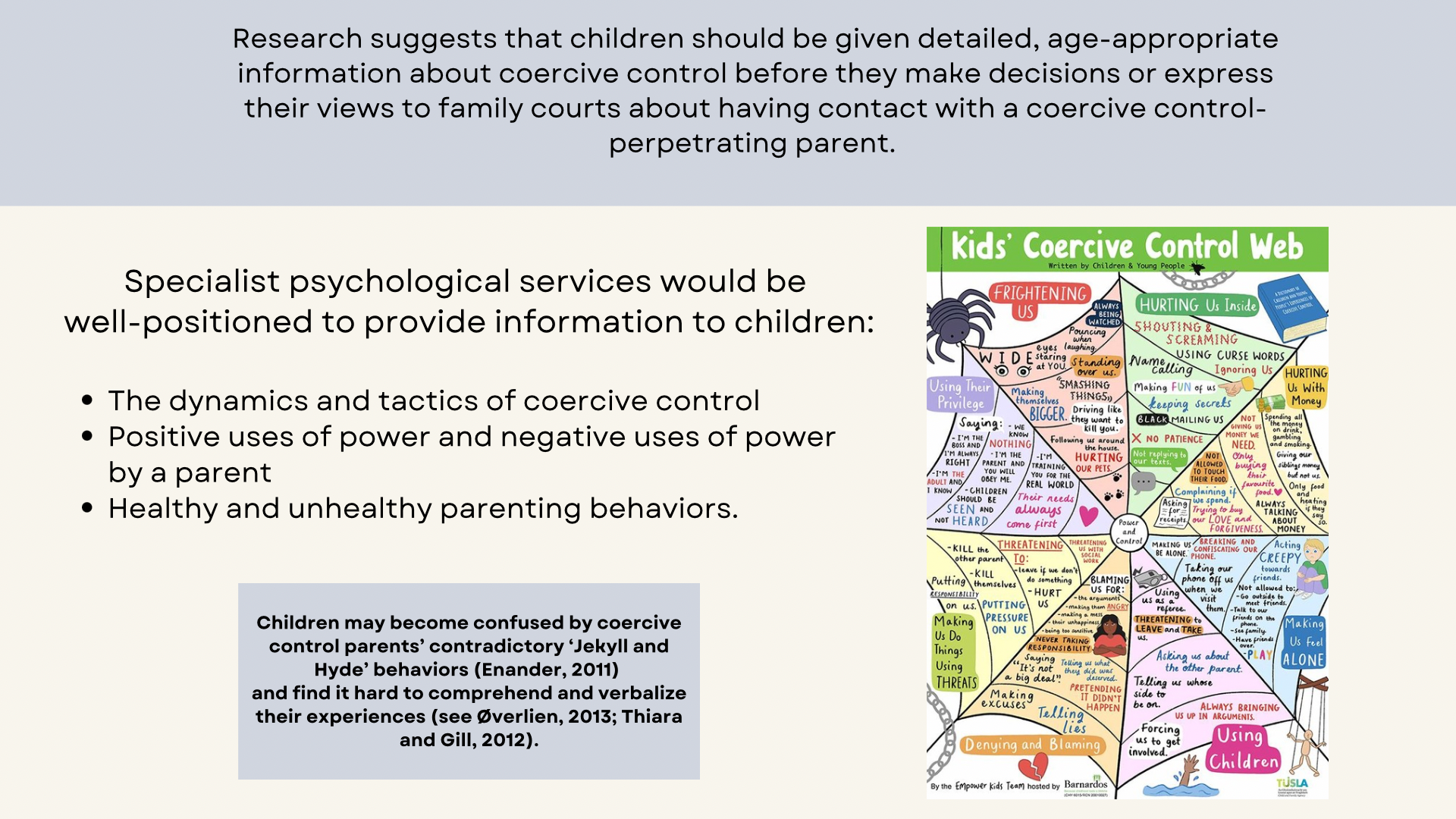Vicky
Chris Arnold donated in her honor. Chris commented, "Vicky has, throughout her Collaborative journey, inspired me with what a passionate considerate thoughtful and courageous professional looks like. I cannot ever thank her or repay her for the gift of her example, her modeling of this role. Love you V."
Nancy Ross
Lisa Alexander donated in her honor. Lisa commented, "Nancy Ross is the collaborative community's original Child Specialist. Her steadfast work over the decades has ensured that collaborative professionals have the skills and knowledge to bring the children's experience to their parents' attention is a way that heals rather than shames. Thank you for your tireless work, Nancy!"
Leslie Bottimore
Jennie Bouska donated in her honor. Jennie commented,
"Leslie Bottimore is Collaborative attorney, mediator, and co-parenting coach. She's given countless hours in promoting Collaborative Law via her work on the boards of Collaborative Law Professionals of Pierce County and King County Collaborative Law as well as a Basic Collaborative Law trainer. She is continually working to promote Collaborative Law to the public as well as bring more professionals into Collaborative Law. I consider myself lucky to have Leslie as a referral partner and friend."
© 2025. All rights reserved.








